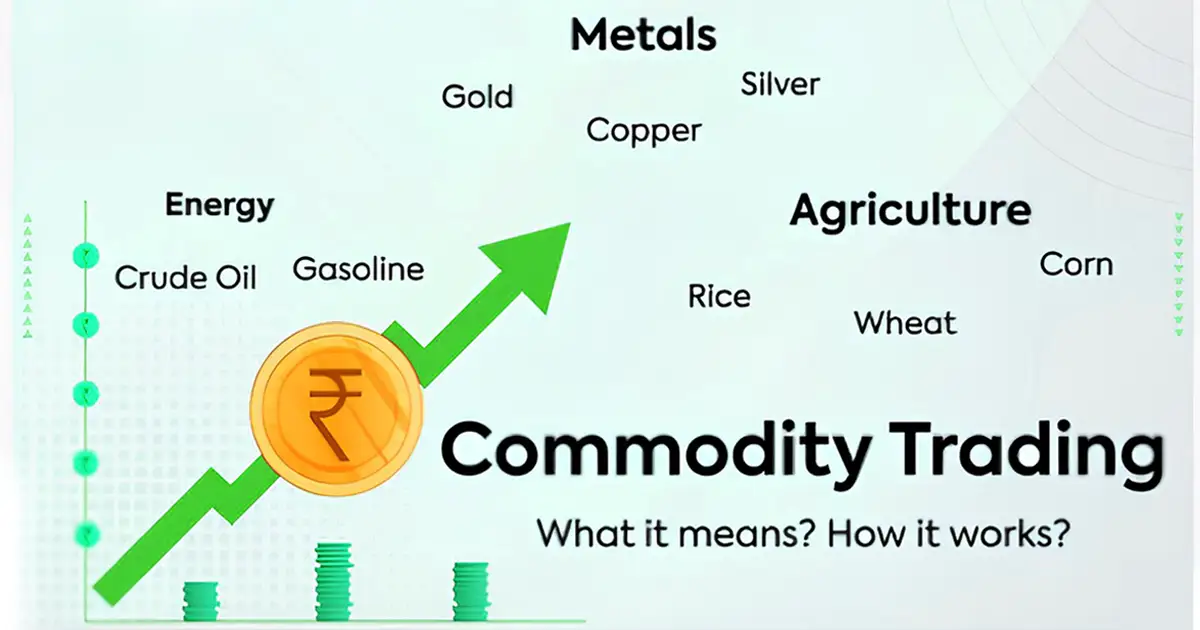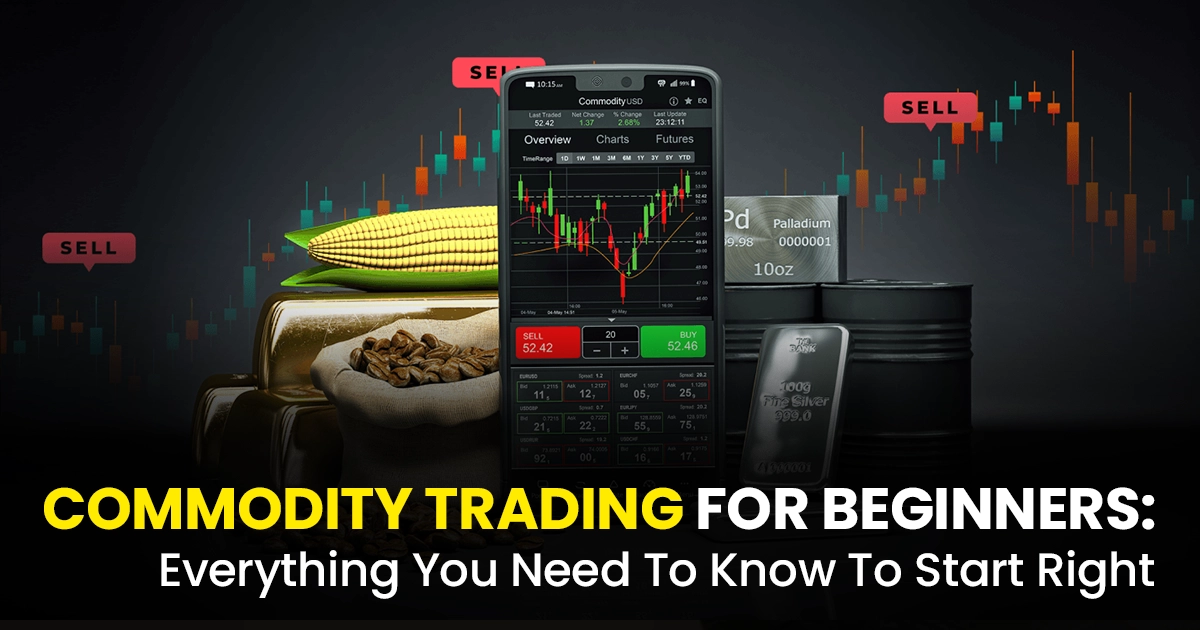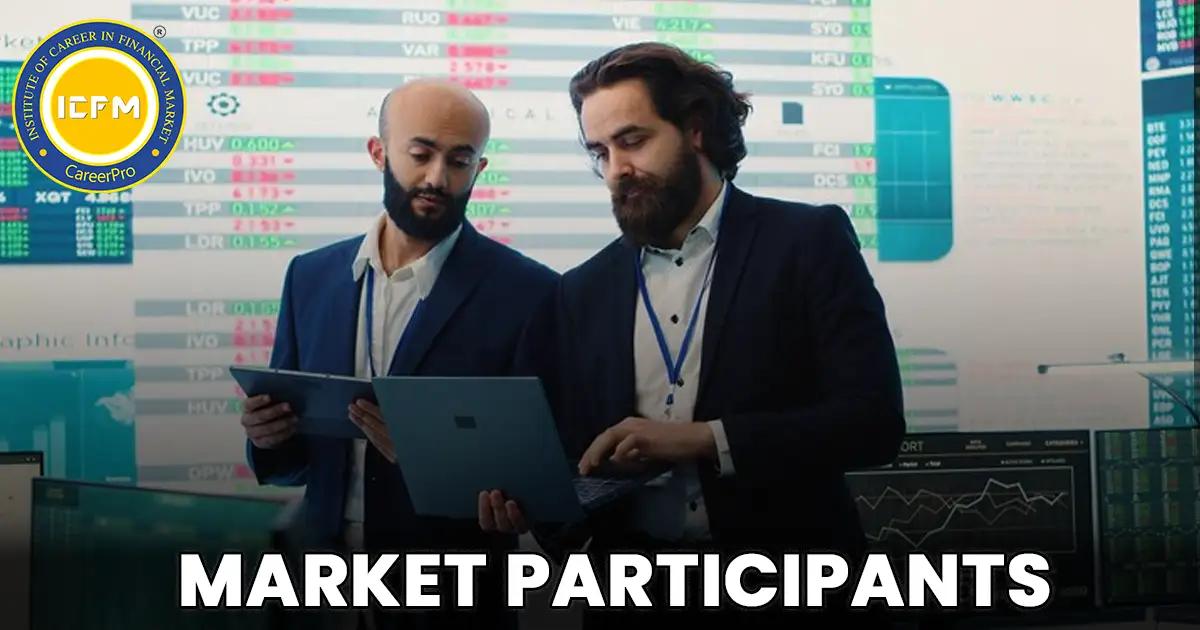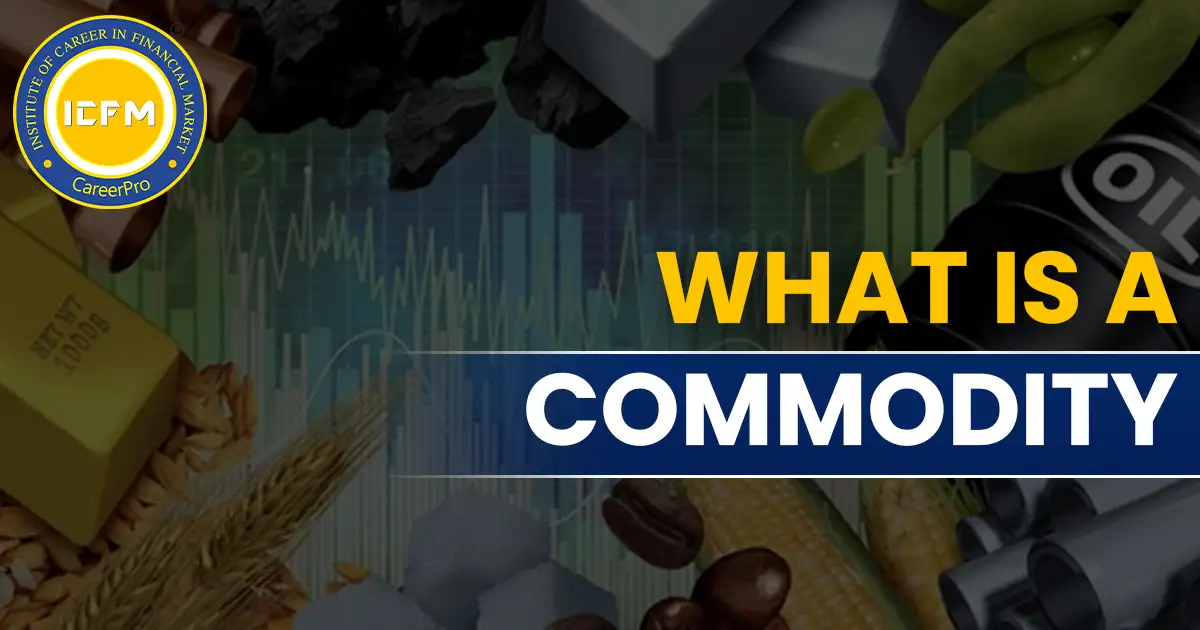Understanding Derivatives and Commodities Futures Trading
All one gets to encounter in the world of trading are a host of financial instruments known as derivatives and commodity futures. The two financial instruments are quite potent in the realm of risk management and speculation on market movements. Let's break down these concepts to understand them better.
1. What Are Derivative Contracts:
Quite simply, a derivative contract is a financial agreement whose value depends upon an underlying asset. The asset can range from commodities to stocks and from currencies to interest rates. A rundown of the key types goes as follows:
(A) Forward: They are customized contracts between two parties to exchange an asset at a future date for a price agreed upon today. They do not trade on exchanges but are settled straight between the parties.
(B) Futures: Unlike forwards, it is a standardized contract and traded on exchanges. It involves an agreement to buy or sell a commodity at a predetermined price at some future date. These contracts mostly get settled in cash without actual physical delivery of commodities in most of the markets, which includes India too.
(C) Options : Options provide the holder with a right, not an obligation, to buy or sell an asset at a specified price before or on a given date, hence providing a great avenue for flexibility and multiple strategies.
(D) Swaps : These are an agreement to exchange cash flows or other financial instruments between parties, based on the value of the underlying asset. Swaps, unlike futures, are not exchange-traded but are negotiated directly between the parties involved.
2. Exchange-Traded vs. Over-the-Counter (OTC) Derivatives:
Derivatives can be traded in two major ways:
-
Exchange-Traded Derivatives : These are exchanged on regulated exchanges. Futures and options are common examples. The standardized nature of the contracts, along with regulatory oversight, helps maintain a degree of transparency and reduces risk.
-
Over-the-Counter Derivatives : OTC derivatives are privately negotiated between parties and are not traded on exchanges. The products include swaps and exotic options; the product is customized for specific needs. The OTC market is larger but less regulated and thus may be more dangerous.
3. The Role of Commodity Physical Forward Contracts:
Commodity physical forwards are agreements to deliver commodities against a future date. Unlike futures, which are usually cash-settled, forwards result in the actual delivery of the product. They are an extremely important tool for participants in the physical commodity markets because they provide the means for products to flow from producers through to consumers.
4. The Double-Edged Sword of Derivatives:
Derivatives are a two-edged sword, carrying both value and risk. Though they provide valuable tools in managing the risk and the price-discovery process, they can, at the same time, leverage the risks into major losses if used injudiciously. While hedging with derivatives protects against adverse price movements, their speculative use can result in high losses due to their leveraged nature.
In summary, while derivatives and commodities futures are both broad in scope for hedging and speculation, for one to perform effective trading, their mechanism and risks first need to be understood. Be it risk management or profit generation, a crystal-clear understanding of such tools will provide one with the capability to handle the complexities of the financial markets.








